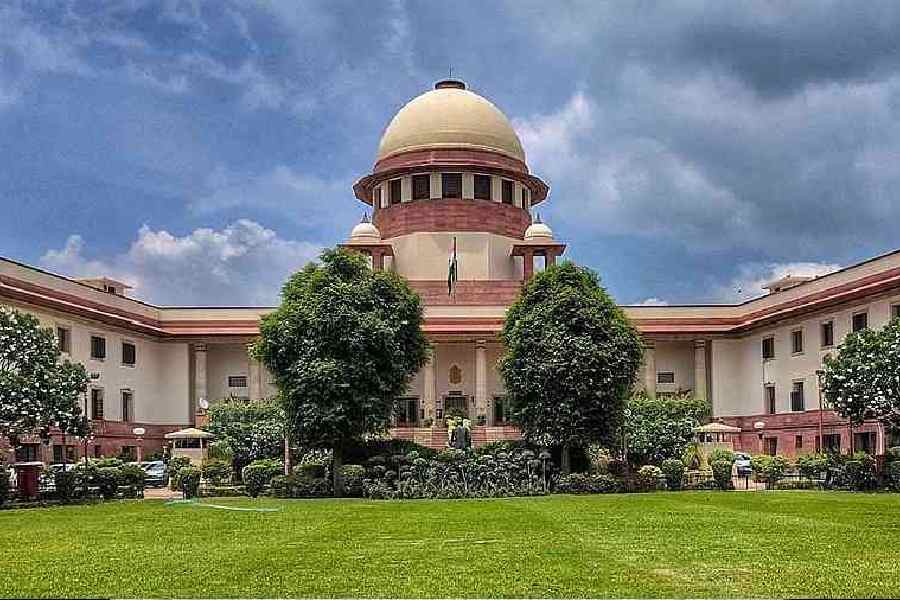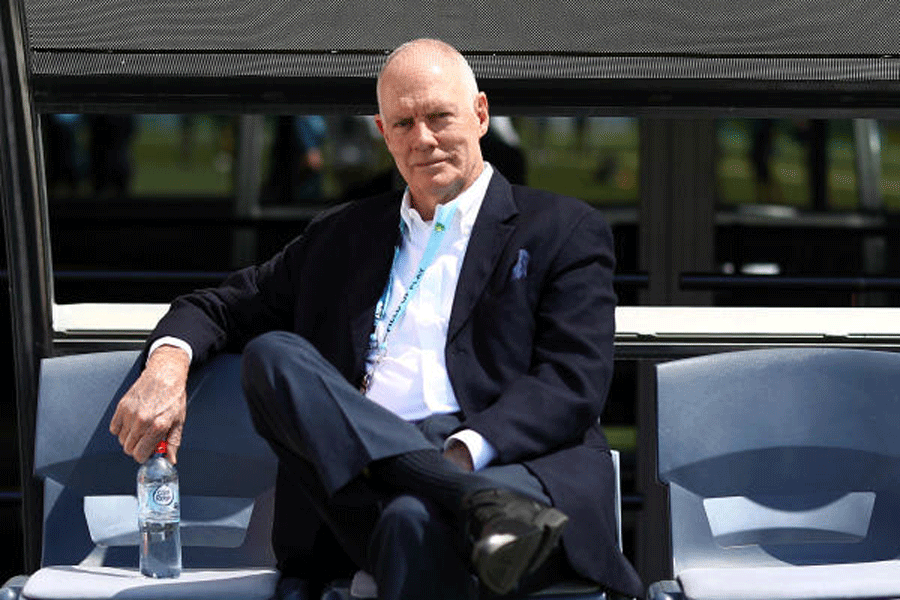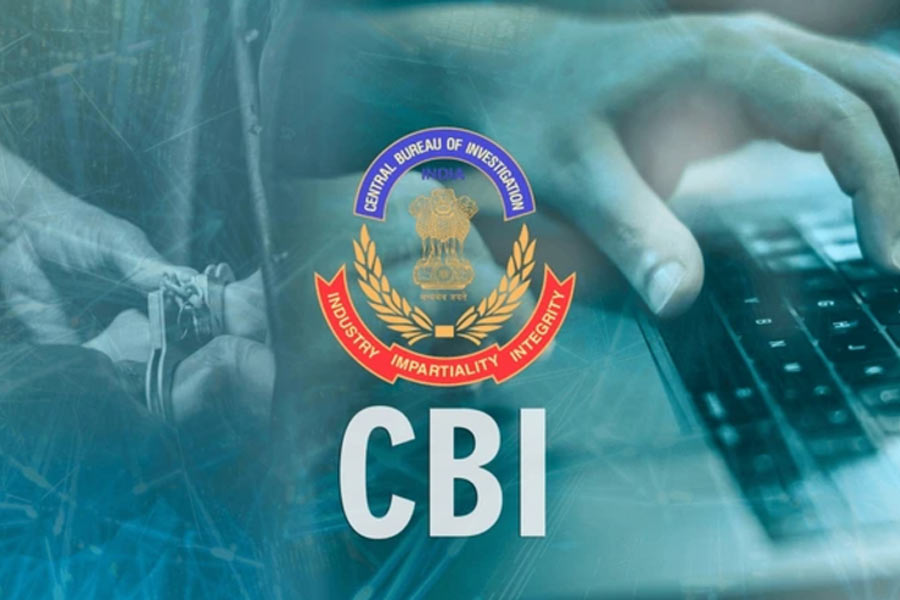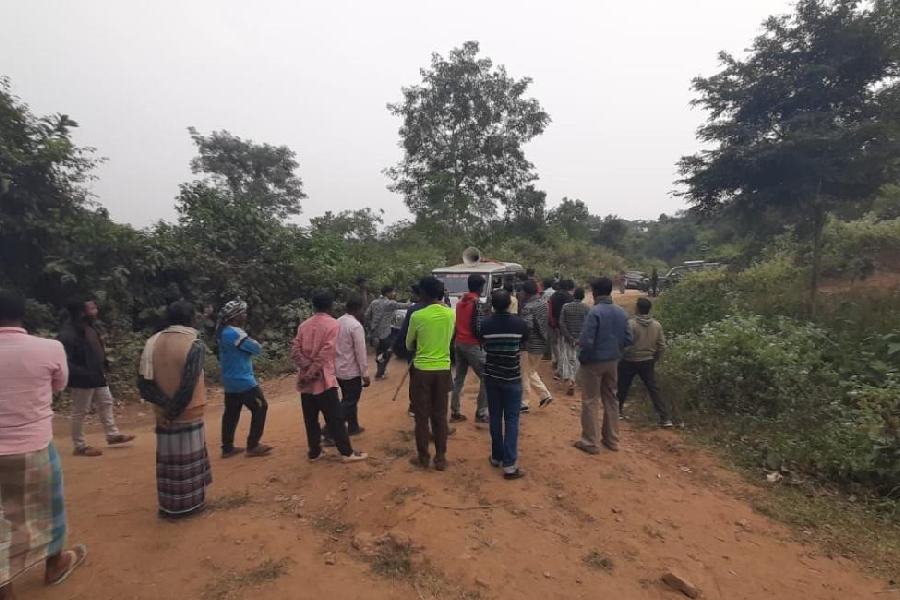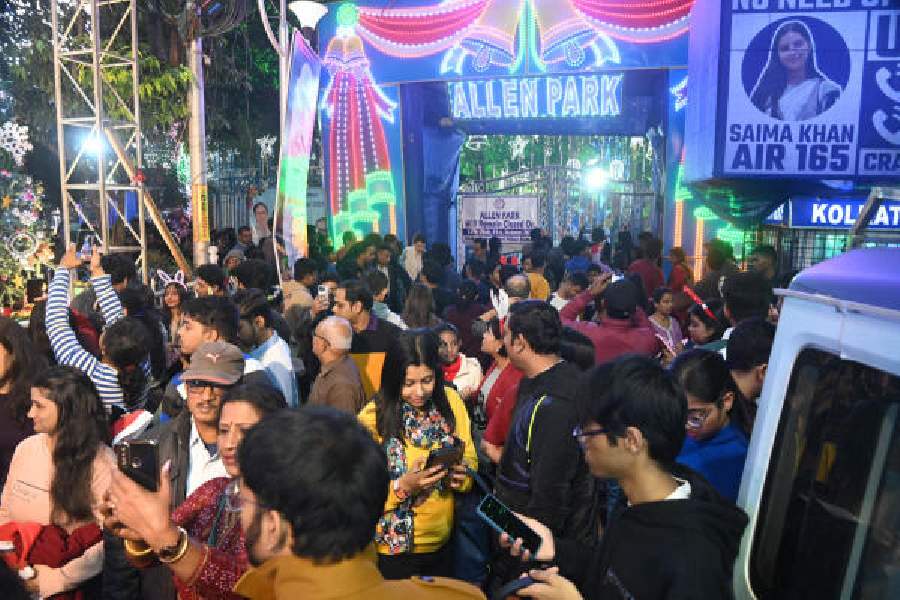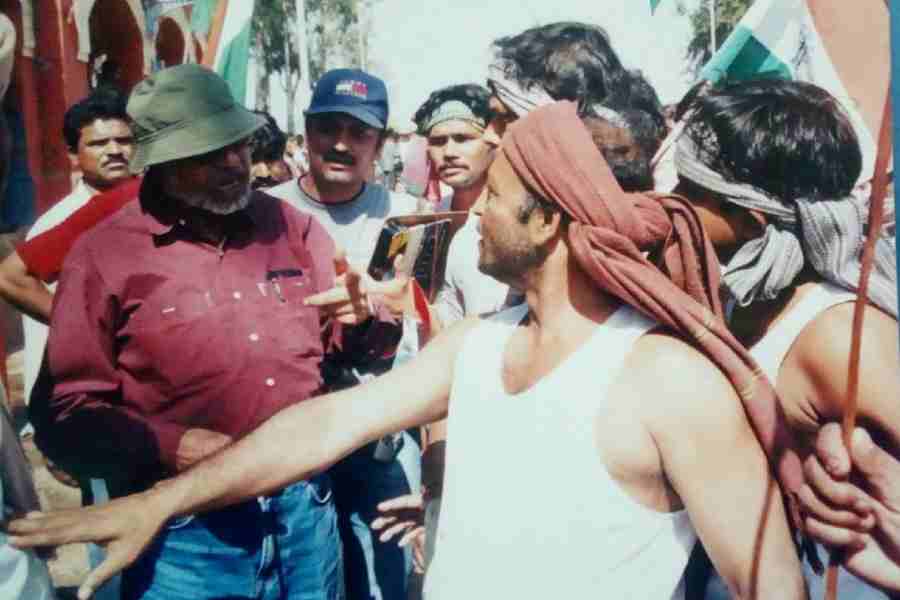Nearly four years after the government abrogated Article 370 that bestowed special status on the erstwhile state of Jammu and Kashmir, a five-judge constitution bench headed by Chief Justice of India DY Chandrachud will take up for hearing on July 11 a batch of pleas challenging the contentious decision.
According to a notice issued on the apex court website on Monday, the five-judge bench, also comprising Justices Sanjay Kishan Kaul, Sanjiv Khanna, BR Gavai and Surya Kant will take up the pleas, including the one filed by IAS officer Shah Faesal and others, for passing directions.
Faesal, a 2010 batch IAS officer, the first Kashmiri to have topped the all-India civil services examination, was detained for over a year after Article 370 of the Constitution was scrapped. He had resigned from service and launched Jammu Kashmir People’s Movement, a political entity in January 2019. The government didn't accept his resignation and Faesal, a doctor by profession, was later posted to the Union Culture Ministry.
He had also moved a petition in the Supreme Court against government’s decision on Article 370.
On August 5, 2019, the Centre decided to strip the erstwhile state of Jammu and Kashmir of special status and bifurcate it into two Union Territories.
Several petitions challenging the Centre's decision to abrogate the provisions of Article 370 and the Jammu and Kashmir Reorganisation Act, 2019, which split J-K into two Union Territories Jammu and Kashmir, and Ladakh were referred to a constitution bench in 2019.
By abrogating Article 370, the Central government had revoked the special status of Jammu and Kashmir.
People's Union of Civil Liberties (PUCL), a prominent NGO, the Jammu and Kashmir High Court Bar Association, and an intervenor had earlier sought that the matter be referred to a larger bench on grounds that two judgements of the apex court -- Prem Nath Kaul versus Jammu and Kashmir in 1959 and Sampat Prakash versus Jammu and Kashmir in 1970 -- which dealt with the issue of Article 370 conflicted with each other and therefore, the current bench of five judges could not hear the issue.
Disagreeing with the petitioners, the top court had ruled in 2020 it was of the opinion that "there is no conflict between the judgements" and the issue will be heard by the five-judge bench.
Faesal, who had floated his political party, the Jammu and Kashmir People's Movement (JKPM), had filed the petition in the top court in 2019.
In April 2022, the government had accepted Faesal's application for withdrawing his resignation from service and reinstated him.
Faesal had in April last year filed an application seeking deletion of his name from the list of seven petitioners who have challenged the scrapping of Article 370 of the Constitution.
Other petitioners in the matter are Javid Ahmad Bhat, Shehla Rashid Shora, Ilyas Laway, Saif Ali Khan and Rohit Sharma and Mohammad Hussain Padder.
Advocate-on-Record Aakarsh Kamra, who has filed the plea on behalf of Faesal and others, said besides the IAS officer, Rashid has also filed an application seeking deletion of her name from the list of petitioners.
Except for the headline, this story has not been edited by The Telegraph Online staff and has been published from a syndicated feed.

